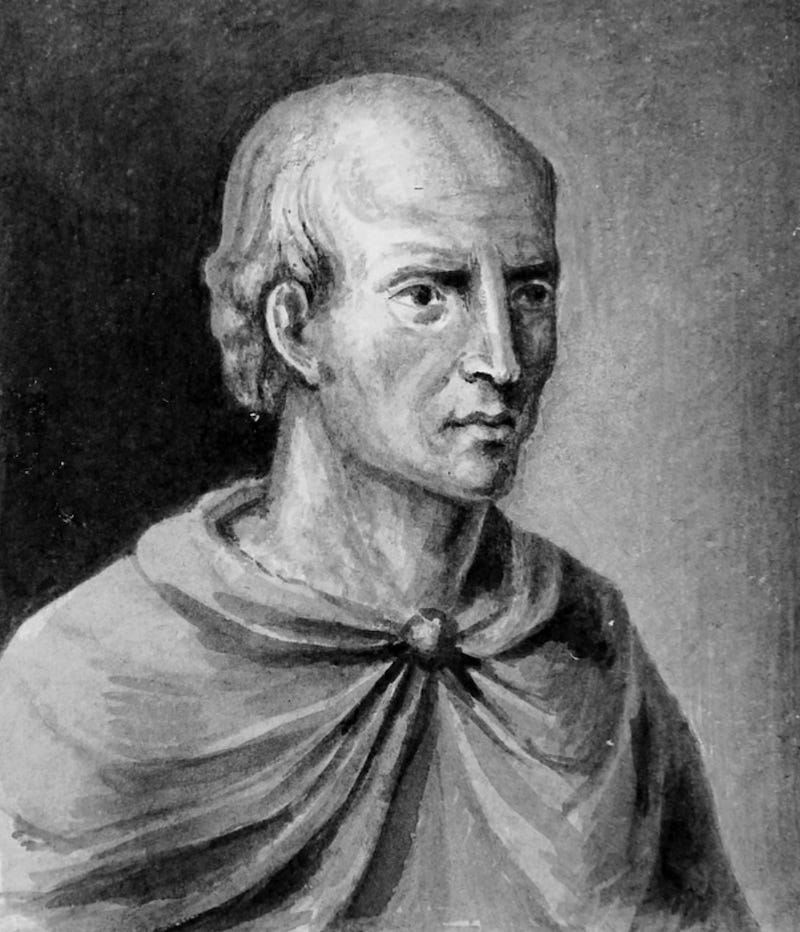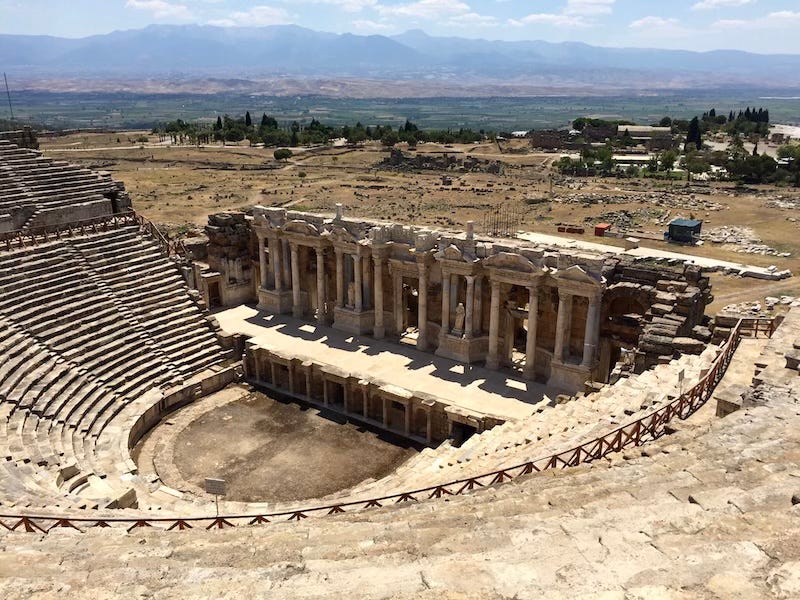Epictetus’s radical Stoicism—Part I
Manage episode 435392407 series 3588922

There is no question that the Stoic philosopher Epictetus (50-135 CE) has been a major influence in my life. I first encountered him during a “Stoic Week” back in 2014. Specifically, this passage:
“If you are writing to a friend and are at a loss as to what to write, the art of grammar will tell you; yet whether or no you are to write to your friend at all, the art of grammar will not tell. The same holds true of the art of music with regard to melodies; but whether you are at this moment to sing and play on the lyre, or neither sing nor play, it will not tell. What art or faculty, then, will tell? That one which contemplates both itself and everything else. And what is this? The reasoning faculty.” (Discourses, I.1)
I thought, wow, who is this guy? Blunt, no-nonsense, getting straight to the point, cogent logic. I need to read more! And more I did read, all there is by Epictetus. Well, actually, by his student, Arrian of Nicomedia, who compiled and published his notes. The four volumes of the Discourses (those that survive out of the original eight); the Enchiridion, or Manual; and the available fragments.
Then I started writing about Epictetus and his philosophy. My first book on Stoicism, How to Be a Stoic: Using Ancient Philosophy to Live a Modern Life, is organized in three parts, each one corresponding to the three disciplines of Epictetus: desire and aversion, action, and assent (more on these in a moment). Then I co-authored with my friend Greg Lopez a unique collection of 52 Stoic “spiritual” exercises, entitled A Handbook for New Stoics: How to Thrive in a World Out of Your Control. You guessed it: it’s organized in three parts, one per Epictetean discipline. Finally, I published A Field Guide to a Happy Life: 53 Brief Lessons for Living, which is literally a rewriting of Epictetus’s Enchiridion, updated to the 21st century, as well as my personal homage to a guy long dead who so dramatically and profoundly altered my life for the better.
Unfortunately, we don’t know much about Epictetus’s life. Arrian did write a biography of his teacher, but its lost to the sands of time. We know that he was born in Hierapolis, in modern western Turkey, and that he was a slave. In fact, “Epictetus” is not his real (unknown) name, the word just means “acquired.” And acquired he was, by none other than Tiberius Claudius Epaphroditus, emperor Nero’s personal secretary and himself a freedman, that is, a former slave.
17 bölüm





